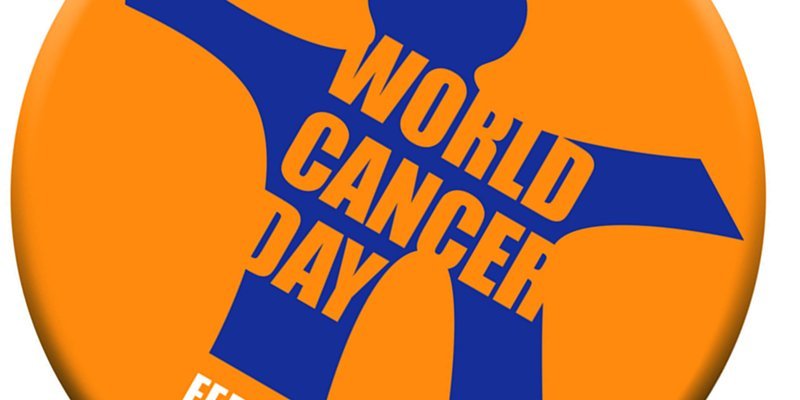An eminent Fife expert will today use the backdrop of World Cancer Day to call for a “global attack” on the killer disease.
Dr Mark Matefield, scientific spokesman for the St Andrews-based Association for International Cancer Research (AICR), is warning that more than half of the world’s countries have no “serious” research programmes to tackle the illness.
In the 30 years since the AICR was established, it has awarded millions of pounds to some of the most promising scientists. Over that period survival rates for cancer have rocketed and yet huge inequalities remain.
“Today, more people are surviving cancer and fewer people are getting the disease than even a decade ago,” Dr Matefield said. “However, there is a significant inequality between the amount of cancer research in the developed world and that in developing countries.
“More than half of the countries in the world have no serious cancer research and there are vast areas where there is very little investment in university research and few people gaining research degrees.”
Dr Matefield believes some areas are being left behind as researchers prefer to concentrate studies in the UK and USA.
“While countries like China are starting to invest heavily in universities and cancer research, investment remains very limited in most of the African continent and many parts of South America,” he continued.
“AICR has funded researchers from places like Russia and Thailand, but they find it hard to conduct high quality research in their native country due to a lack of infrastructure. Many prefer to take their grant and study somewhere like the US or the UK.”
Dr Matefield insists the whole world needs to start “taking cancer research seriously” and believes a more cohesive approach is critical.Progress”Research into cancer is certainly making progress, every year, with improvements in screening having a marked effect already on cervical and breast cancer survival rates for example,” he said.
“However, the whole world needs to start taking cancer research seriously. When you look at the incidence of various cancers around the globe, you can see why it is important for different countries to support research into the disease which affects their own populations.
“Liver cancer is almost unknown in the western world, but very common in the developing world. Because almost all of the research into cancer is carried out in the developed world, investment in liver cancer is low, despite it being a huge problem in poorer countries.”
Dr Matefield said another growing problem in developing countries is smoking.
“In China and India, lung cancer rates are growing due to smoking,” he explained. “As a country’s economy starts to grow, more people begin smoking which causes more lung cancer.”
In recent years, research funded by AICR has led to discoveries such as the identification of a “rogue” gene which allows cancer cells to spread. This raises the possibility of developing drugs to turn off the gene-named WWP2 and prevent cancers from spreading.
“There have been a number of exciting new discoveries which are good examples of how basic research into cancer can open up the potential to develop new methods to treat the disease,” Dr Matefield added.For more information on World Cancer Day visit www.worldcancerday.org
